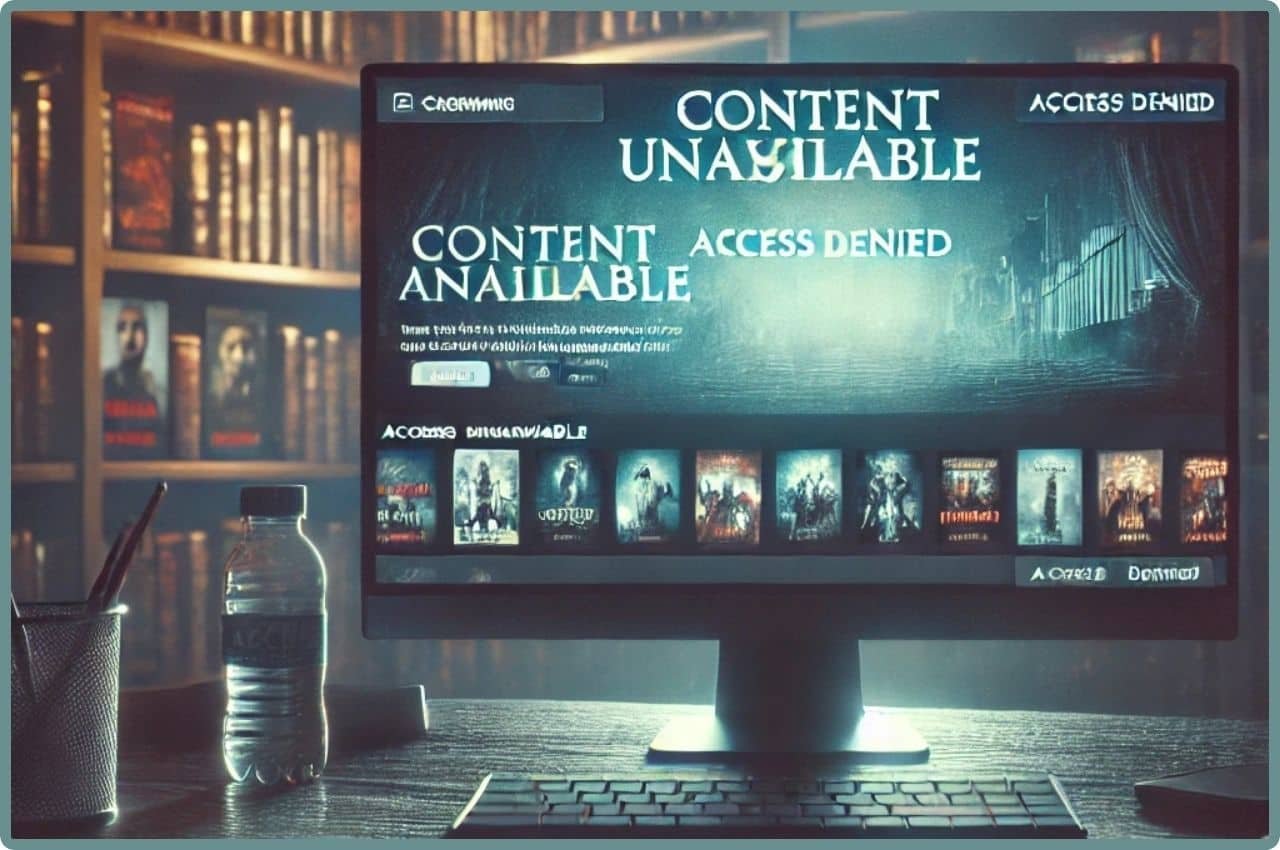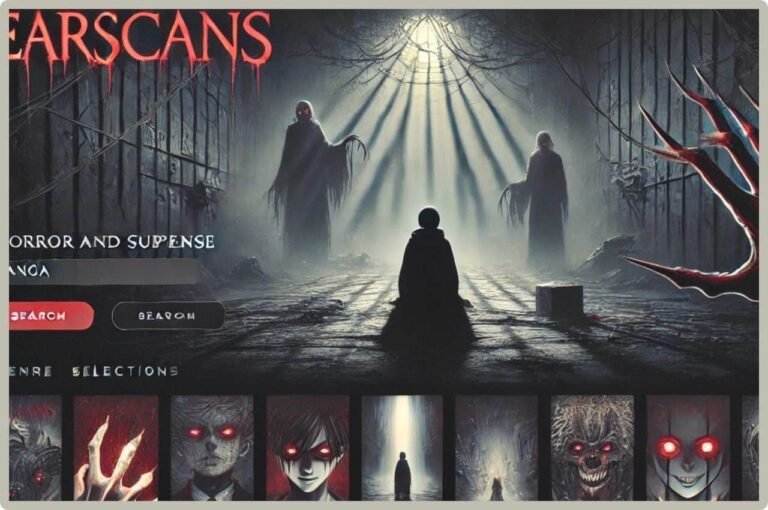Soup2Day: Exploring the Rise and Shutdown of a Popular Streaming Platform
Introduction to Soup2Day
In recent years, streaming platforms have revolutionized how we consume entertainment, bringing movies and TV shows to our fingertips. However, high subscription fees on popular platforms have led some viewers to seek alternative options, like Soup2Day.
Known for offering free access to a massive library of movies and shows, Soup2Day gained popularity quickly but also faced significant legal challenges. This article dives into what made Soup2Day so popular, why it attracted a loyal user base, and how its eventual shutdown reflects the larger trends and issues in the streaming industry.
What Was Soup2Day?
Soup2Day was an online streaming website that allowed users to watch a wide variety of movies, TV shows, and series without the need for a subscription. Unlike platforms like Netflix, Hulu, or Amazon Prime, Soup2Day offered its content entirely free. The platform attracted a global audience, especially among those who found subscription fees too high or had limited access to paid streaming services.
The site was structured to be user-friendly, with a clean interface and easy navigation. Soup2Day quickly became a go-to option for viewers who wanted to access the latest movies and shows without having to pay. For many, it was a convenient way to watch popular content on demand, drawing in users with its expansive library and ease of use.
While Soup2Day’s rise to popularity seemed like a win for audiences seeking free content, the platform operated in a legally grey area. By distributing copyrighted material without permission, Soup2Day attracted the attention of copyright holders and authorities. This ultimately led to its shutdown, but its influence remains as viewers remember its convenience and affordability.
The Popularity of Free Streaming and How Soup2Day Filled a Void
The popularity of Soup2Day underscores the demand for free and accessible streaming options. With the cost of streaming subscriptions rising and content spread across multiple platforms, many users find themselves paying for multiple services just to watch their favourite shows and movies. This “subscription fatigue” has driven viewers toward free streaming sites like Soup2Day that offer a wide variety of content without the hassle of multiple subscriptions.
Soup2Day became particularly popular among students, young adults, and those on a budget. In addition to mainstream movies and TV shows, the platform often featured lesser-known titles that were difficult to find on mainstream streaming services. This variety allowed users to discover new content outside of the mainstream, which further increased its appeal.
Additionally, many international viewers turned to Soup2Day because of geographic restrictions on paid platforms. Certain shows and movies are available only in specific regions, so viewers from countries with limited streaming libraries often rely on Soup2Day to access content otherwise unavailable to them. This global accessibility was a major factor in the site’s rapid growth, as it offered viewers from all over the world a way to watch the same content.
However, this convenience came with significant risks. By providing free copyrighted content, Soup2Day operated outside the bounds of copyright law, leading to concerns over the legality of such services and the potential for malware or phishing risks for users.
Legal Issues and the Shutdown of Soup2Day
The availability of free content on Soup2Day has not gone unnoticed by copyright holders and the authorities. By distributing movies and shows without permission, the platform violated intellectual property laws, which protect creators’ rights over their work. Media companies have long been concerned about piracy, as it undercuts the revenues they earn from legitimate streaming and sales.
In response to increasing pressure, authorities took action against Soup2Day, resulting in its eventual shutdown. The closure was part of a broader crackdown on piracy websites that offered free access to copyrighted content. The shutdown left many users disappointed, as Soup2Day had become a primary source of entertainment for those unable to afford paid streaming services.
Legal action against websites like Soup2Day is part of a larger effort to protect intellectual property rights in the digital age. Streaming platforms and media companies argue that piracy reduces their earnings, impacting the creators and production teams who work hard to bring content to audiences. While users enjoyed the convenience and affordability of Soup2Day, its operation infringed on copyright laws, making its shutdown inevitable.
For many users, however, the closure of Soup2Day highlights the challenges of accessing affordable entertainment. As legitimate streaming services continue to increase in price, the demand for free alternatives remains high, and the shutdown of one site may simply lead to the rise of another.
The Impact of Soup2Day’s Shutdown on Viewers
The shutdown of Soup2Day significantly impacted its loyal user base, who suddenly found themselves without a free source of streaming entertainment. Many users expressed frustration over losing access to their favourite shows and movies. For viewers in countries with limited access to streaming services, the closure was particularly disappointing, as it meant losing an accessible and affordable way to watch popular content.
Additionally, the shutdown of Soup2Day led many users to search for alternatives, with new sites and platforms often popping up to fill the void left by popular sites. However, these alternatives carry the same legal and security risks, and there is no guarantee they will remain operational in the long term.
For some users, the closure of Soup2Day highlighted the need for more affordable and accessible streaming options. Many believe that legitimate streaming platforms could benefit from offering more flexible pricing models or expanding access to global audiences, especially in regions where traditional subscriptions are costly or unavailable.
The shutdown also raised awareness of the potential risks associated with using illegal streaming sites. Many such sites contain ads or links that lead to malware or phishing attempts. By drawing attention to these risks, the end of Soup2Day has encouraged some users to seek out safer alternatives, even if they come with a price.
Legal and Ethical Considerations of Free Streaming Sites
The existence of sites like Soup2Day raises important legal and ethical questions about the distribution of digital content. While these platforms offer easy access to entertainment, they do so at the expense of the content creators, studios, and streaming services that have the right to distribute the material. Piracy can reduce creators’ profits and limit the resources available for future content production.
On the other hand, the high costs of streaming services and limited content access in certain regions highlight the inequalities in the media landscape. While piracy is illegal, the widespread demand for free streaming suggests that many viewers feel priced out of legitimate services.
The debate over free streaming sites reflects larger challenges in the media industry, such as balancing accessibility with profitability. As streaming giants continue to expand globally, they may need to explore affordable subscription models or ad-supported content to attract users who are unable or unwilling to pay for traditional subscriptions.
Conclusion: The Legacy of Soup2Day and the Future of Streamin
Soup2Day may be gone, but its popularity and the circumstances of its shutdown reflect an ongoing demand for affordable, accessible streaming options. The platform served as an accessible solution for viewers around the world, particularly those without access to traditional streaming services. Although it operated outside legal boundaries, its success speaks to the challenges and limitations of the current streaming industry.
As more streaming services emerge and compete for subscribers, the industry may benefit from exploring new pricing structures, region-specific content offerings, and alternative viewing models that cater to a broader range of viewers. Legal action against sites like Soup2Day emphasizes the importance of supporting creators and distributors, yet it also points to a need for affordable entertainment options.
For fans of Soup2Day, the site’s shutdown is a reminder of the risks associated with free streaming sites and the importance of supporting legal platforms. As the industry continues to evolve, it remains to be seen whether streaming services can adapt to the needs of their audiences and address the gaps that led to Soup2Day’s success.






